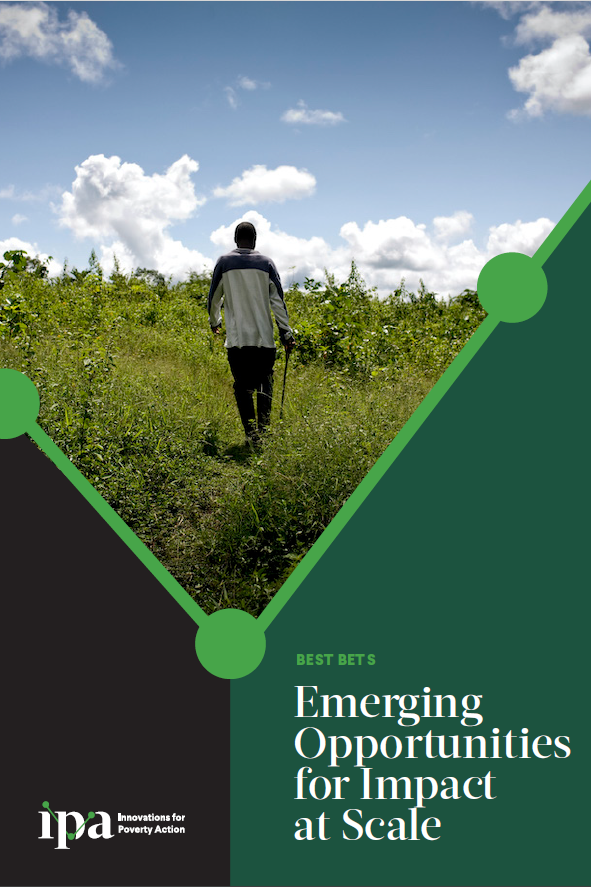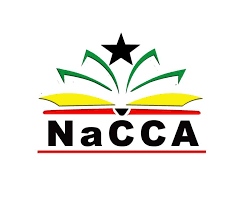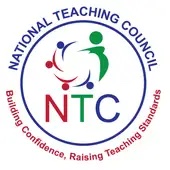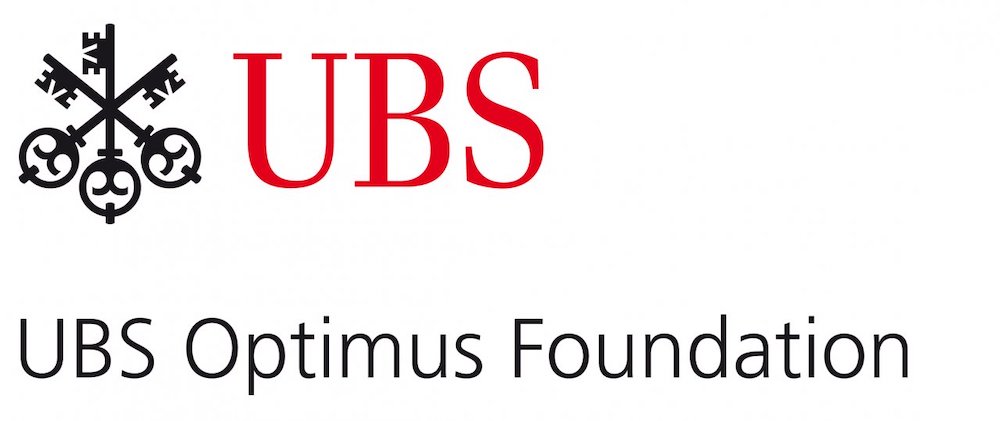Background
Although primary school enrollment rates have increased across sub-Saharan Africa, millions of students have fallen behind in learning, struggling to keep up as teachers progress to more advanced materials in their lesson plans. Ghana offers a glimpse into this complex issue. Inspired by the positive impacts of Pratham’s Teaching at the Right Level (TaRL)—an approach in which teachers instruct students at their learning level, or targeted instruction—in India and East Africa, the government of Ghana developed Differentiated Learning, which blends targeted instruction with universal design for learning (UDL) and active play-based pedagogy to improve learning outcomes for students.
Evidence on Differentiated Learning
The first large-scale government-led iteration of targeted instruction in Ghana, and IPA’s partnership with the Ghana Ministry of Education and Ghana Education Services (GES), was the Teacher Community Assistant Initiative (TCAI) from 2010-2013. In TCAI, teachers and teacher community assistants in public schools implemented targeted instruction to students for part of the day. While few schools implemented targeted instruction during TCAI, the impacts were remarkable: student test scores improved by 27 percent of a grade level.
These findings drove IPA, the Ghana Education Service (GES), UNICEF, and researchers to test effective ways to increase the implementation of targeted instruction (now rebranded as Differentiated Learning) in public schools, leading to the Strengthening Accountability to Reach All Students (STARS) project. In STARS, school principals and circuit supervisors were trained to provide either basic or enhanced monitoring and support for teachers to implement targeted instruction in their classrooms. This significantly increased the implementation of targeted instruction, which in turn improved student test scores by one-third of a grade level cost-effectively at USD 48 per student for basic support and USD 85 per student for enhanced support.
IPA Scale-up Support
Based on the evidence from TCAI and STARS, GES is now scaling Differentiated Learning to Ghana’s lowest-performing 10,000 primary public schools across the country as part of the Ghana Accountability for Learning Outcomes (GALOP) project with funding from the World Bank and Global Partnership for Education (GPE). This paves the way towards achieving inclusive education for all students. In partnership with UNICEF and others, IPA is working with GES in this process by providing:
- Technical assistance to ensure fidelity of implementation;
- Monitoring, evaluation, and learning support to ensure that the program rollout and scaling decisions are data-driven;
- Training for GES to continue monitoring the program and supporting them to institutionalize Differentiated Learning into the education system.
In addition, IPA is integrating additional research questions and RCTs into the scale-up process, assessing the impact of refresher trainings for teachers, and digital teacher training, and providing schools with information on the effectiveness of Differentiated Learning.
Differentiated Learning and Best Bets
 | Teaching at the Right Level (TaRL) was identified as an established innovation in IPA’s Best Bets. Learn more on page 33 of the report. |
Partners
 |  | 
|
Funders
 |












